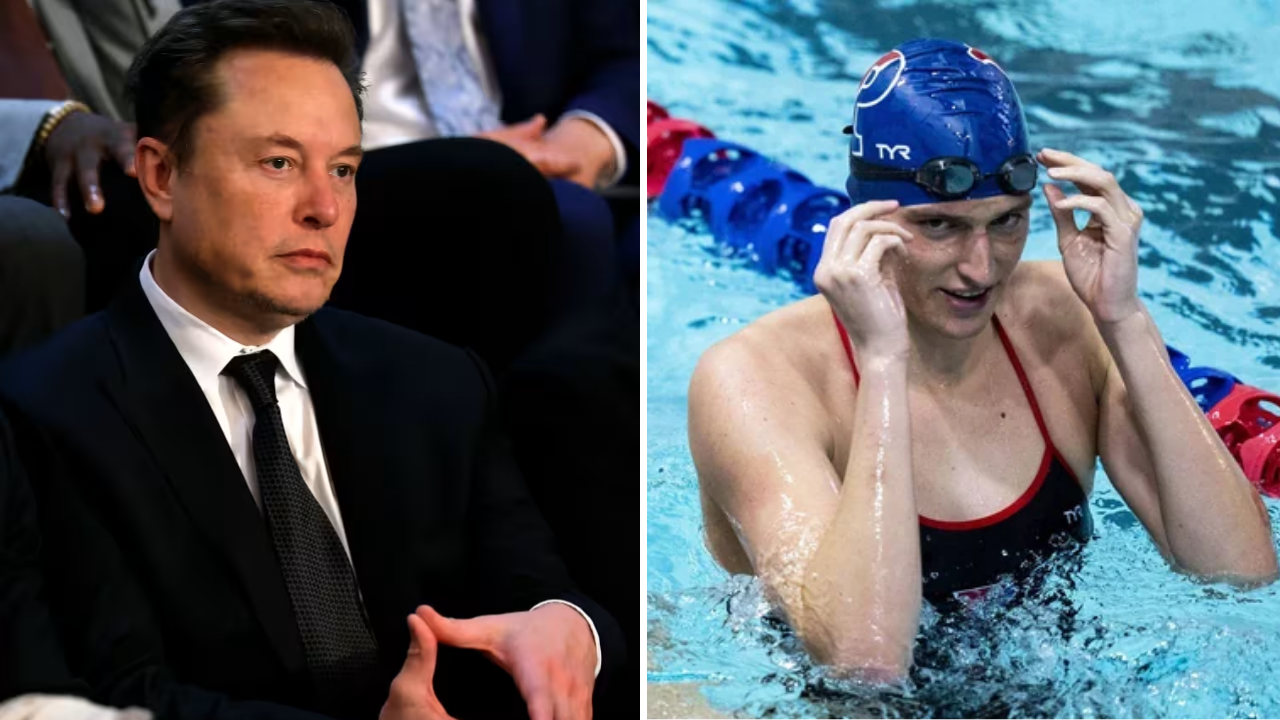Elon Musk’s Controversial Statement: Calls To Boycott Biological Men In Women’s Sports
Elon Musk, the tech billionaire and CEO of companies like Tesla and SpaceX, has once again sparked widespread debate, this time by diving into the heated discourse surrounding gender and sports. In a series of tweets that have ignited both praise and backlash, Musk openly called for the boycott of events where biological men are allowed to compete in women’s sports. His comments have added fuel to an already polarized issue, raising questions about fairness, inclusion, and the future of competitive sports.
The Context of Musk’s Statement
The controversy surrounding transgender athletes in sports is not new. Advocates argue that allowing transgender women to compete in women’s sports is a matter of inclusivity and respect for gender identity. Critics, however, contend that biological differences, such as muscle mass and bone density, provide transgender women with an unfair advantage, particularly in high-stakes competitions.

Musk’s involvement began when he responded to a viral video of a women’s weightlifting competition where a transgender athlete dominated the event. Musk tweeted, “This is a mockery of women’s sports. If we don’t stand up for fairness now, there won’t be any women’s sports left to protect.” The tweet quickly gained traction, with some hailing Musk as a defender of fairness and others accusing him of transphobia.
Public Reaction
As with most of Musk’s statements, his comments drew a mixed response. Supporters praised his willingness to speak out on a contentious issue. “Finally, someone with a platform is addressing the elephant in the room,” one user wrote. Others pointed out that Musk’s remarks echo the concerns of many female athletes who feel sidelined in the debate over transgender inclusion.

However, critics were quick to denounce Musk’s comments as divisive and harmful. LGBTQ+ advocacy groups accused him of perpetuating discrimination against transgender individuals. “Elon Musk’s words contribute to the stigmatization of transgender athletes, who already face significant barriers in sports,” said a spokesperson for a prominent LGBTQ+ organization.
The Broader Debate
Musk’s remarks highlight a broader societal debate about how to balance inclusivity with fairness in sports. Proponents of transgender inclusion argue that gender identity should take precedence over biological sex, emphasizing that sports are about more than just physical attributes. They also point out that many sports organizations have implemented policies requiring transgender athletes to undergo hormone therapy to mitigate physical advantages.
On the other hand, critics argue that these measures do not fully eliminate the inherent physical advantages of male puberty. Female athletes like Martina Navratilova and Riley Gaines have been vocal about their concerns, calling for separate categories or stricter regulations to ensure a level playing field.
Musk’s Influence on the Debate
As one of the world’s most influential figures, Musk’s statements carry significant weight. His call for a boycott could embolden others to take similar stances, potentially leading to broader pushback against policies that allow transgender athletes to compete in women’s sports. However, it could also deepen divisions and complicate efforts to find a middle ground.
Musk’s critics argue that his comments oversimplify a complex issue. “This is not about erasing women’s sports,” said a sports policy expert. “It’s about finding ways to include everyone while maintaining competitive integrity. Blanket statements like Musk’s do little to advance that goal.”
The Future of Women’s Sports
The debate over transgender athletes in women’s sports is unlikely to be resolved anytime soon. Musk’s comments have brought renewed attention to the issue, but they have also underscored the deep divisions within society. Some sports organizations, such as World Athletics, have already implemented stricter guidelines for transgender athletes, while others, like the NCAA, continue to grapple with how best to address the issue.
As the conversation evolves, it is clear that voices like Musk’s will continue to shape public opinion. Whether his call for a boycott will lead to tangible changes remains to be seen. What is certain, however, is that the intersection of gender, identity, and sports will remain a contentious and highly emotional topic for years to come.
Conclusion
Elon Musk’s foray into the debate over transgender athletes in women’s sports has reignited a fiery conversation about fairness and inclusion. While his comments have drawn both applause and criticism, they reflect the broader societal struggle to navigate complex issues of identity and equity. As stakeholders on all sides of the debate work toward solutions, the question remains: Can sports find a way to be both inclusive and fair? Musk’s statement may not provide the answer, but it has undoubtedly added urgency to the search for one.

